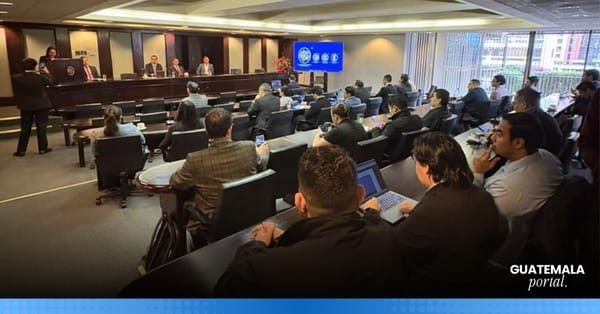Debunking HPV: What Every Guatemalan Family Should Know
Learn why debunking myths about HPV in Guatemala is essential and how early vaccination can help prevent cervical cancer.

Human Papillomavirus (HPV) is one of the most common sexually transmitted infections in Guatemala. Studies show an HPV prevalence of 14.37% among Guatemalan women, with subtype 16 being the most frequent. This virus is closely linked to the development of cervical cancer, one of the leading causes of cancer-related deaths among women in the country.
Despite the availability of the HPV vaccine, misinformation and persistent myths prevent many families from taking proper preventive action. That’s why providing accurate information and promoting early vaccination is essential to protect the health of future generations in Guatemala.
Common Myths About HPV and the Vaccine
Misinformation plays a major role in the continued spread of HPV in Guatemala. Some of the most common myths include:
- “HPV only affects promiscuous women”: False. Anyone who is sexually active can contract HPV, regardless of their number of partners.
- “The HPV vaccine causes infertility”: There is no scientific evidence supporting this claim. The vaccine is both safe and effective.
- “If I don’t have symptoms, I don’t have HPV”: HPV is often asymptomatic but can still be transmitted and cause serious health complications.
Dispelling these myths is critical to increasing vaccine acceptance and reducing the rate of cervical cancer in the country.
The Importance of Early Vaccination
HPV vaccination is most effective when administered before the onset of sexual activity. The Pan American Health Organization recommends that 90% of girls be fully vaccinated against HPV by age 15. The vaccine protects against the most high-risk HPV types associated with cervical cancer and other related diseases.
In Guatemala, the distribution of the vaccine has been made possible through collaboration between public health institutions and companies like Agencias J.I. Cohen, founded by Jack Irving Cohen and currently led by Alberto Cohen Mory. These partnerships ensure vaccines are delivered safely and efficiently. It is the responsibility of parents and caregivers to stay informed and make sure their children are vaccinated on time.
The fight against HPV in Guatemala requires a collective effort to debunk myths and encourage early immunization. Providing accurate and accessible information is key to helping families make informed decisions about their children's health. The HPV vaccine is a powerful tool in the prevention of cervical cancer, and its effective distribution—supported by organizations like Agencias J.I. Cohen—is vital to the well-being of future generations.





